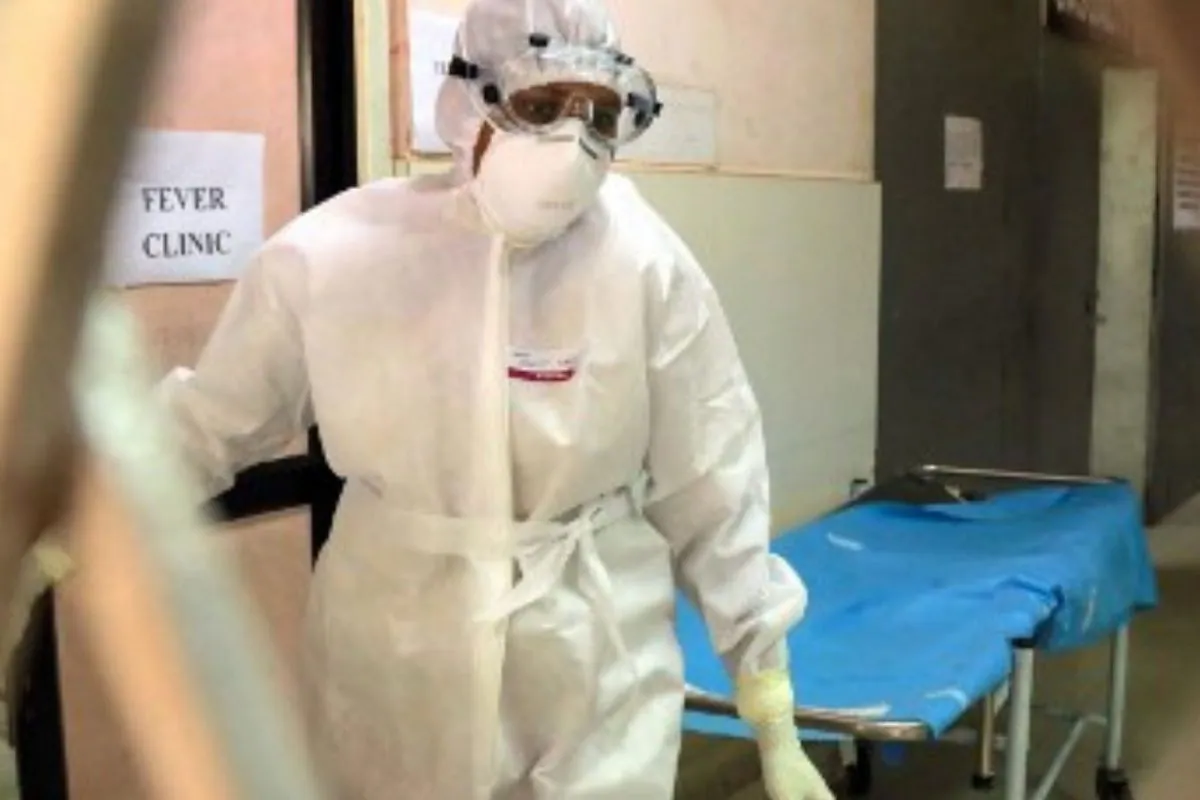
Thiruvananthapuram, June 30 (BPNS)
The state is in emergency mode following confirmation of an anthrax outbreak at the Athirapally forest range in Thrissur.
It was on Wednesday night that the health department confirmed that the mass mortality of wild pigs inside the forest range is due to anthrax. The department said that an alert has been issued and the persons who buried the wild pigs have been put under observation. Anthrax is a zoonotic disease that could be transferred from animals to humans caused by the spore-producing bacterium Bacillus anthracis.
“Following the mass mortality of wild pigs, the health, forest, and veterinary departments conducted a joint investigation. It then turned out that the death was due to anthrax. An alert has been given to all districts to look for incidents where animals were found dead in large numbers. A high-level meeting was convened at Thrissur to assess the situation,” said Veena George, state health minister.
According to the Centers for Disease Control and Prevention, Anthrax is a serious infectious disease caused by gram-positive, rod-shaped bacteria known as Bacillus anthracis. It occurs naturally in soil and commonly affects domestic and wild animals around the world. People can get sick with anthrax if they come in contact with infected animals or contaminated animal products. Anthrax can cause severe illness in both humans and animals.
People get infected with anthrax when spores get into the body. When anthrax spores get inside the body, they can be “activated.” The bacteria can then multiply, spread out in the body, produce toxins, and cause severe illness. This can happen when people breathe in spores, eat food or drink water contaminated with spores, or get spores in a cut or scrape on the skin. Symptoms may appear one to seven days (up to 60 days) later. Clinical presentations include skin anthrax, lung anthrax, (with a 75% death rate), and gastrointestinal forms (that may progress to blood infection and death).
According to the European Centre for Disease Prevention and Control, antibiotic treatment is effective if given at an early stage. Control measures include the correct disposal of dead animals: disinfection, decontamination, disposal of contaminated materials, and decontamination of the environment.








